Antonio Gramsci is one of the few Marxist theoreticians to have considered the role and nature of education, yet paradoxically his revolutionary, political and social theory seems at odds with his conservative approach to the content and processes of schooling. This book, originally published in 1979, examines his educational, political and cultural writings in an effort to resolve this apparent discrepancy.
Gramsci’s relevance lies in his treatment, in the context of his radical political theory, of themes which currently exercise modern radical educationists. Among the subjects he discusses are the sociology of the curriculum, the apparent discontinuity between the culture of school and that of daily life, problems of literacy and language in education, the role of the state in the provision of education, the cultivation of elites and the role of intellectuals, the relative functions of authority and spontaneity in education and the ambiguious relationship of these to differing political ideologies, particularly Fascism.
Table of Contents:
Part 1:The Schooling of Children 1.1. Introduction 1.2. The Curriculum of the School 1.3. Curriculum and the Sociology of Knowledge 1.4. Curriculum as ‘the entire thought of the past 1.5. School Assessment and Examinations 1.6. Education Method: School as Work 1.7. Instruction or Education? 1.8. Authority, Teachers and Teaching 1.9. Education and Fascism 1.10. Politics and Schooling: Correspondence or Contradiction 1.11. The Structure and Organisation of the School System 1.12. Educational Theory as Counter-cyclical 1.13. Schooling: Towards the Education of Adults Part 2: The Education of Adults 2.1. Political Education as Adult Education 2.2. Education and the Problem of the Intellectuals 2.3. Technical and Vocational Education Part 3: Theory and Practice in Education 3.1. The Philosophy of Praxis 3.2. Polytechnical Education and the Relationship Between Theory and Practice 3.3. Education and Gramsci’s Conception of Practice 3.4. Theory, Practice and the Education of Teachers 3.5. Theory, Practice and the Problem of Relevance.

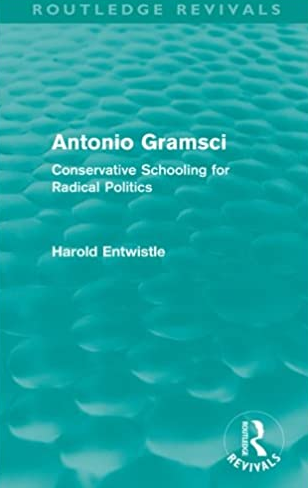
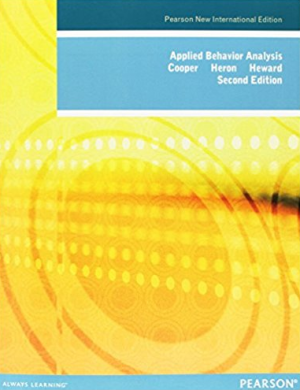
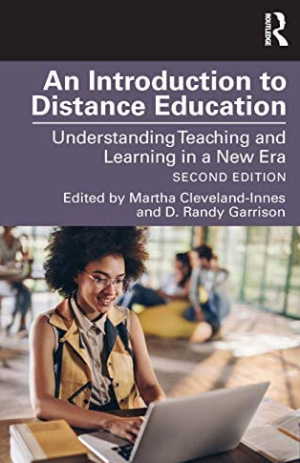
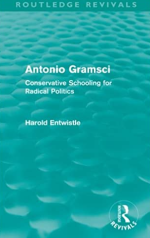
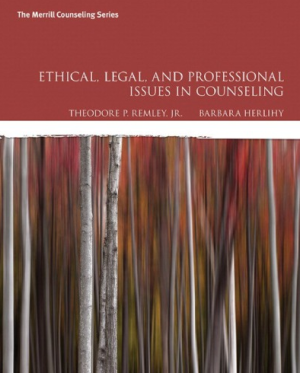
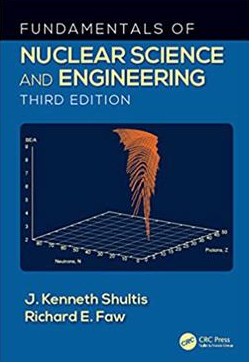
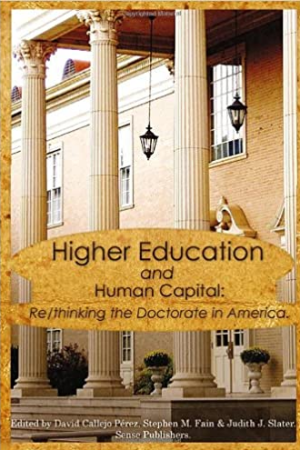
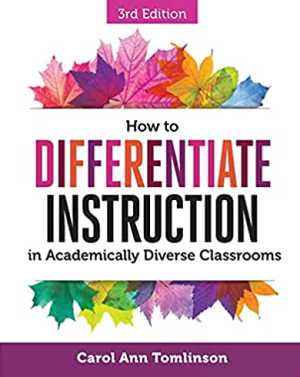
Reviews
There are no reviews yet.